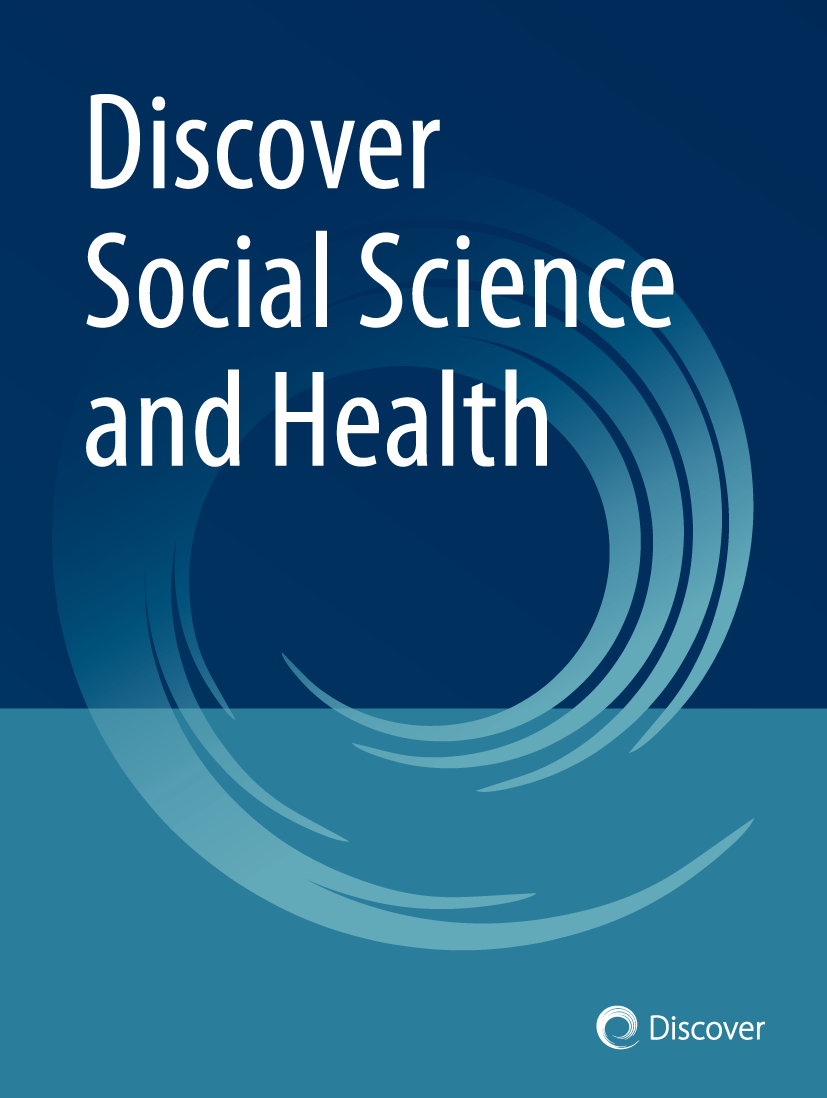Prescription in peril: the sociology of antibiotics and antimicrobial resistance in low resource settings
Published in Microbiology
The escalating threat of antimicrobial resistance (AMR) presents a significant public health challenge, particularly in low resource settings where access to appropriate healthcare and medications is limited. While biological factors such as genetic mutations and horizontal gene transfer are fundamental drivers of AMR, the sociological forces also play a substantial role in its emergence and spread. Nevertheless, the sociology of antibiotic use, and access in low-resource settings is often overlooked. This commentary addresses the intricate sociological aspects, including sociocultural, political, and economic factors that contribute to suboptimal antibiotic use and the proliferation of AMR in these settings. Drawing on numerous reports from low- and middle-income countries, it is evident that patient health beliefs, provider prescribing practices, pharmaceutical supply chains, and broader health system weaknesses intersect to drive inappropriate antibiotic consumption. Consequently, it is imperative to develop tailored interventions that address the nuanced social dynamics perpetuating the crisis of antibiotic resistance in resource-limited’ communities.
Let's unite to promote responsible antibiotic use and support sustainable healthcare solutions. Together, we can preserve the effectiveness of these vital medicines for future generations. 💊🌟
hashtag#AntibioticResistance hashtag#PublicHealth hashtag#CommunityEngagement hashtag#Healthcare hashtag#SustainableSolutions
Follow the Topic
-
Discover Social Science and Health

Discover Social Science and Health is an open access journal publishing research across the full range of disciplines at the intersection of health, social and biomedical sciences.
Related Collections
With Collections, you can get published faster and increase your visibility.
Innovative Approaches, Strategic Directions, and Interventions for People Living with HIV
The nexus of psychological health and societal acceptance within the context of People Living with HIV (PLHIV) constitutes a profoundly intricate and critically significant field of research. Despite monumental advancements in antiretroviral therapies, the persistent mental health challenges faced by PLHIV including chronic psychological distress, anxiety, depressive symptoms, and internalized stigma remain grossly under-addressed. These unresolved issues not only perpetuate a cycle of marginalization but also amplify barriers to effective health outcomes and psychosocial integration.
This Collection solicits original, high-caliber contributions that investigate the multifaceted psychological experiences of PLHIV, scrutinizing how both intra- and interpersonal acceptance—encompassing self-acceptance and societal inclusion interact to shape mental health trajectories. We are particularly interested in rigorous studies that elucidate the intricate dynamics of HIV-related stigma, resilience mechanisms, coping strategies, and the psychosocial impacts of living with a chronic, stigmatized condition.
We encourage scholarly inquiries into evidence-based interventions, clinical frameworks, and public health policies aimed at enhancing the psychological resilience of PLHIV. Contributions should also address the evolving role of community-based support networks and institutional systems in mitigating the psychosocial burdens faced by this population. By offering a multifactorial perspective on these issues, this collection seeks to catalyze transformative discussions that inform best practices, advocacy, and global policy initiatives focused on improving the mental health outcomes and societal acceptance of PLHIV.
Keywords: Mental Health Disparities, HIV-Related Stigma, Psychological Resilience, Coping Mechanisms and Strategies, Social Integration and Acceptance, HIV Mental Health Interventions, Psychosocial Impact of HIV, Public Health Policy and Advocacy, Social Support Systems for PLHIV, Self-Acceptance and Identity in HIV.
Publishing Model: Open Access
Deadline: Jul 31, 2026
Health Promotion: from Qualitative to Quantitative Approaches to Social and Health Issues
We are delighted to announce the upcoming topical collection of our scientific journal, titled "Health Promotion: from Qualitative to Quantitative Approaches to Social and Health Issues" This collection will delve into the significant potential of Health Promotion strategies, employing both qualitative and quantitative approaches to address social and health-related challenges. We invite academics, researchers, and professionals to contribute original research articles, systematic reviews, and case studies that explore the intricate relationship between various interventions and overall health outcomes.
The topical collection will focus on a wide range of compelling topics, including but not limited to:
• Health Promotion and Physical Activity: Exploring the role of physical activity in preventing and managing health conditions and its impact on quality of life.
• Health Promotion and Nutrition: Investigating the influence of nutritional strategies on health promotion, including diet-based interventions and public health nutrition policies.
• Multi-professional Approach to Health Promotion: Investigating collaborative efforts among healthcare professionals from diverse disciplines to improve the effectiveness of health promotion interventions and strategies.
• The Role of Physical Exercise in biopsychological Aspects: Understanding how physical exercise contributes to mental health, quality of life and well-being, including its effects on stress, anxiety, and depression.
• Technology and Health Promotion Interventions: Evaluating digital tools and technologies in promoting health, such as mobile health apps, telehealth services, social media uses, and online health education platforms.
• Multiprofessional and interdisciplinary interventions focusing on significant socioeconomic and social aspects across different life stages.
We aim to comprehensively understand the diverse methods through which Health Promotion can address social and health issues. This topical collection will be an invaluable resource for healthcare professionals, academics, and policymakers dedicated to improving public health outcomes through innovative strategies and interventions.
We eagerly anticipate your valuable contributions and insights that will enrich this collection.
Keywords: Disease Prevention, Exercise Therapy, Health Nutrition, Health Policy, Health Promotion, Health Technology, Mental Health, Primary Prevention, Public Health, Qualitative Research
Publishing Model: Open Access
Deadline: Jun 30, 2026

Please sign in or register for FREE
If you are a registered user on Research Communities by Springer Nature, please sign in